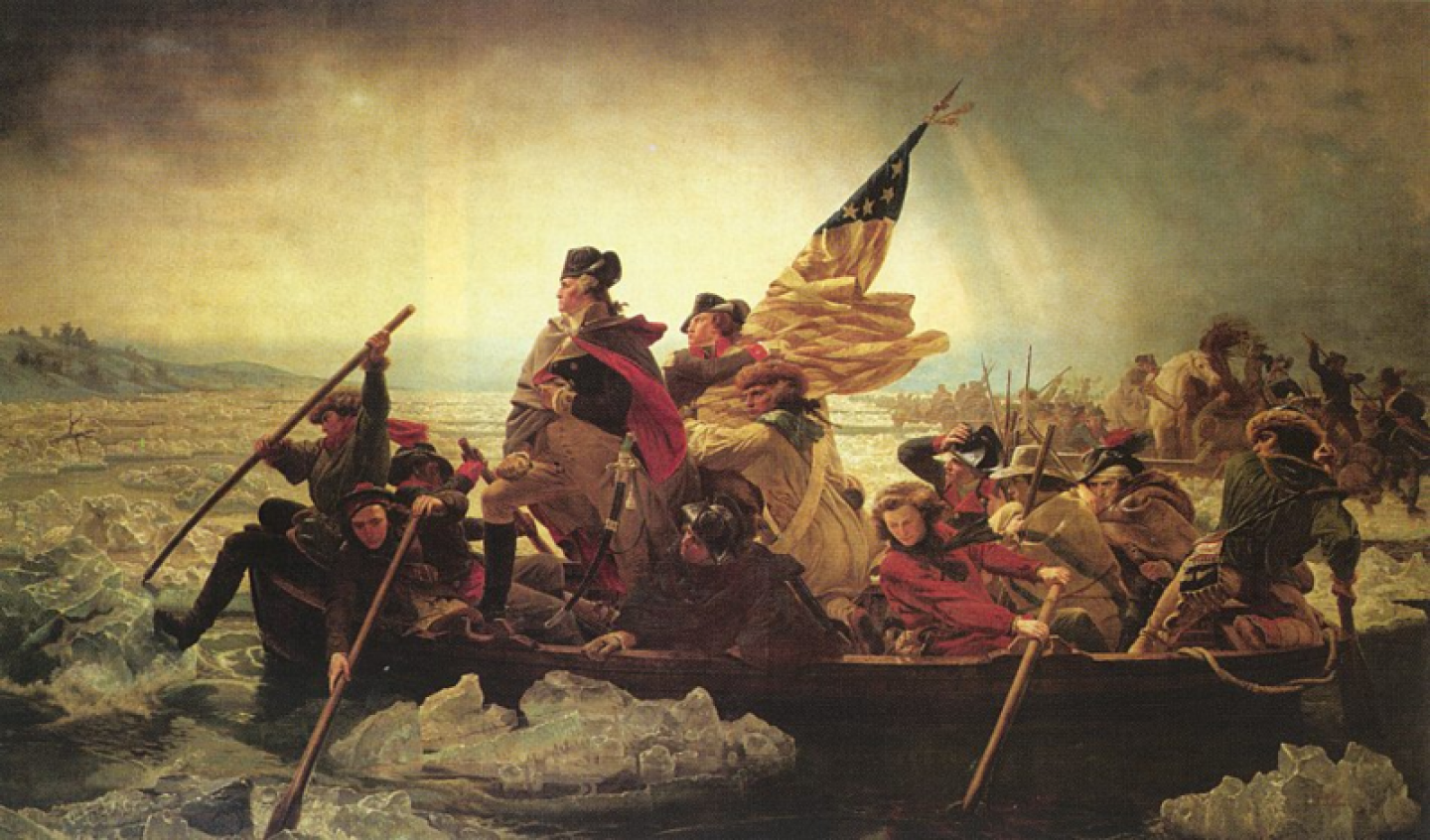http://www.cnn.com/2015/10/29/us/washington-football-coach-joe-kennedy-prays/
I welcome the looming judicial review of the abuse of the Establishment Clause of the First Amendment cited by Bremerton, WA school officials in the suspension of a high school football coach that has a routine of praying at the 50 yard line after games. Over time, students chose to join him on their own volition. In today’s hypersensitive, increasingly secular, and Orwellian society this singular coach’s action is somehow astonishingly interpreted as a state institution promoting or enforcing a state religion. The school officials involved here seem to flatter themselves that by virtue of one coach making a private choice to exercise religion in a public fashion is somehow conflated to them being significant enough to suddenly jump to the vertiginous conclusion that this is enough to serve as the establishment or promotion of a single faith.
Perhaps one of the most alarming elements within this episode is that we are entrusting our children’s education to school officials such as these that can’t seem to pass the most basic tests of reading comprehension and an understanding of the governing charter of our land, the U.S. Constitution. So let’s review the First Amendment cited as a reason for removing the coach in this case:
Congress shall make no law respecting an establishment of religion, or prohibiting the free exercise thereof; or abridging the freedom of speech, or of the press; or the right of the people peaceably to assemble, and to petition the government for a redress of grievances.
The school officials are inherently twisting the “shall make no law respecting an establishment of religion…” into a justification that somehow a private coach’s prayer is the state’s sanctioning of a religion. They in turn conveniently ignore the rest of the clause, which is, “…or prohibiting the free exercise thereof…”
Since secular militants like to abuse and misconstrue language of Thomas Jefferson on “separation of church and state,” let’s review some of the language that Founding Father had on this topic, taking from an earlier post I made on the topic of Thomas Jefferson on religious liberty: https://gymnasiumsite.wordpress.com/2015/10/27/thomas-jeffersons-concepts-of-religious-liberty-even-more-relevant-today/
“Almighty God hath created the mind free…no man shall be compelled to frequent or support any religious worship, place, or ministry whatsoever, nor shall be enforced, restrained, molested, or burthened in his body or goods, nor shall otherwise suffer on account of his religious opinions or belief, but that all men shall be free to profess, and by argument to maintain, their opinions in matters of Religion, and that the same shall in no wise diminish, enlarge or affect their civil capacities.”
Note Jefferson’s emphasis on that no man should suffer on account of his religious opinions or beliefs and that they should be free to profess their religious opinions, and here is the most important point he makes: that this shall not diminish, enlarge, or affect their civil capacities.
The Liberty Institute will be bringing the suit, since the school officials can’t seem to have the wisdom or foresight to back down, and perhaps it is time for us to have this discussion and find the balance between overt coercion and enforcement and promotion of a religion at an institutional level and a private individual following their own private religious beliefs. Religious beliefs held in a public manner are protected too. In a way, I personally welcome the escalation to the higher court so that we can have this conversation and decision at a national level.
There is some Supreme Court precedence here that the Liberty Institute cites that:
-
Teachers and students do not shed their constitutional rights to freedom of speech or expression upon entering the schoolhouse (Tinker v. Des Moines Independent School District, 1916)
-
The First Amendment protects religious activity that is initiated by individuals acting privately, like Coach Kennedy during his post-game prayers (Everson v. Board of Education, 1947)
-
The government may not restrict the speech of private individuals for the sole reason that their speech is religious (Good News Club v. Milford Cent. Sch., 2001)
-
That speech by a public employee—including a teacher—does not always represent or appear to represent the views of the state (Tucker v. California Department of Education, 1996)
http://blog.libertyinstitute.org/2015/10/devastated-school-stubbornly-suspends.html?m=1
In essence, not only would a reasonable reading of the First Amendment and an understanding of the Founders’ intent behind it but also judicial precedence serves to indicate which way this case would go.

